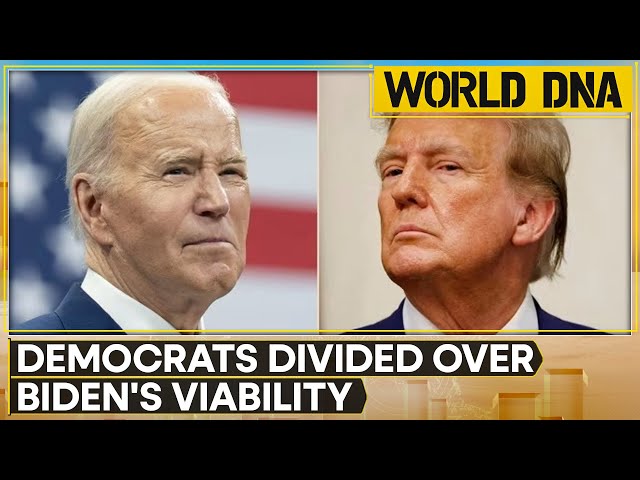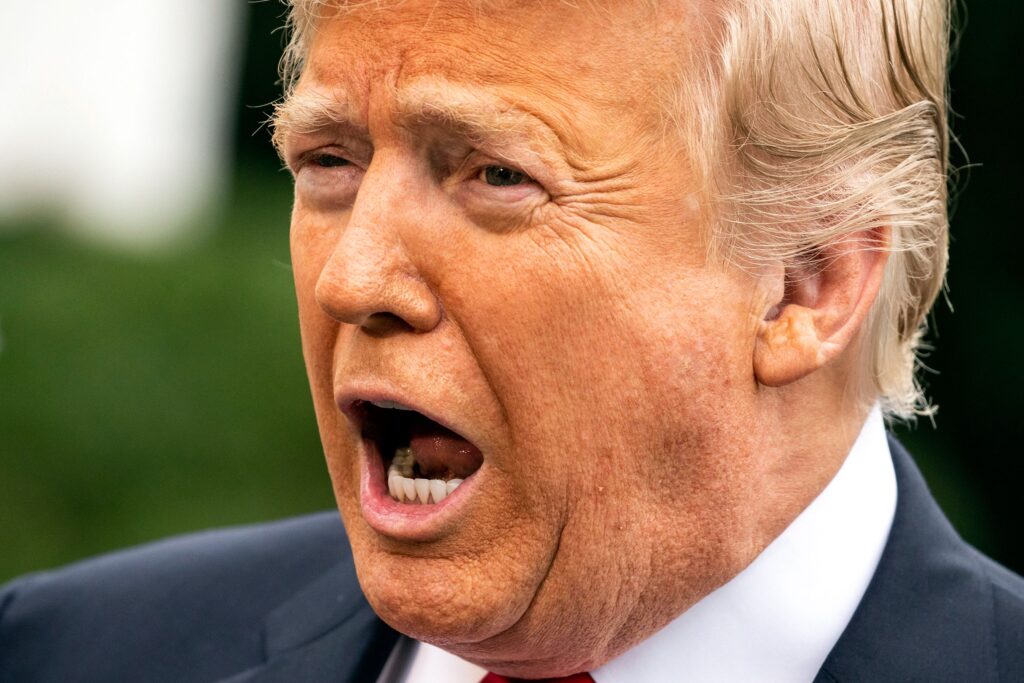Blog
India’s leader promises trade and investment in a visit to Trinidad and Tobago
PORT-OF-SPAIN, TRINIDAD AND TOBAGO – In a significant diplomatic gesture reaffirming deep historical and cultural bonds, Indian Prime Minister Narendra Modi concluded a landmark two-day official visit to Trinidad and Tobago from July 3rd to July 4th, 2025. This was the first bilateral visit by an Indian prime minister to the twin-island Caribbean nation in 26 years, underscoring India’s renewed commitment to strengthening ties with the Global South and, particularly, the Caribbean region.
The visit, extended at the invitation of Trinidad and Tobago’s Prime Minister Kamla Persad-Bissessar, was imbued with profound significance, coinciding with the 180th anniversary of the arrival of Indian immigrants to Trinidad and Tobago in 1845. The warm reception and the conferment of the Order of the Republic of Trinidad and Tobago, the country’s highest national honour, upon Prime Minister Modi, highlighted the mutual respect and enduring friendship between the two nations.
A New Dawn for Economic Partnership
The central theme of Prime Minister Modi’s visit was a firm promise of continued trade and investment, aiming to usher in a new era of elevated bilateral relations. In his address to the nation’s parliament, Modi articulated India’s vision for a robust partnership, stating, “It’s time for us to work together to give the global south its rightful seat at the table. For us, there are no limits to our cooperation with you.”
Prime Minister Persad-Bissessar echoed this sentiment, declaring, “This visit is more than just diplomacy. It marks a new dawn. India and Trinidad and Tobago will now work as strategic partners.” Both leaders emphasised their commitment to enhancing economic ties and exploring new avenues for collaboration across various sectors.
Key Outcomes and Areas of Cooperation:
The visit culminated in the signing of six crucial Memoranda of Understanding (MoUs) and several significant announcements, designed to foster deeper cooperation and mutual growth:
- Pharmaceutical Sector: A key MoU was signed on the Indian Pharmacopoeia, aiming to ensure closer collaboration in the pharmaceutical sector. This will facilitate improved access for the people of Trinidad and Tobago to quality and affordable generic medicines from India.
- Quick Impact Projects (QIPs): An agreement on Indian Grant Assistance for the implementation of QIPs will enable timely community development initiatives, reflecting India’s focus on grassroots development.
- Cultural and People-to-People Linkages: A program of cultural exchanges for 2025-2028 was signed, along with an MoU on cooperation in sports and the re-establishment of two ICCR chairs of Hindi and Indian studies at the University of the West Indies (UWI). These initiatives aim to further deepen the vibrant people-to-people connections and cultural understanding.
- Diplomatic Training: An MoU on cooperation in diplomatic training will enhance the capacity of foreign service officials from both nations, fostering greater understanding and coordination in international diplomacy.
- Digital Transformation and India Stack: The two countries expressed strong interest in expanding cooperation in the digital domain. Prime Minister Modi congratulated Trinidad and Tobago on becoming the first Caribbean country to adopt Unified Payments Interface (UPI), India’s flagship digital payment platform. They agreed to explore further collaboration in the implementation of India Stack solutions, including DigiLocker, e-Sign, and the Government e-Marketplace (GeM). Trinidad and Tobago also sought India’s support in digitising and upgrading its state land registration system.
- Agriculture and Food Security: A priority area identified was agriculture and food security. India’s generous gift of agro-machinery worth USD 1 million for food processing and storage to Trinidad and Tobago’s National Agricultural Marketing and Development Corporation (NAMDEVCO) was highly appreciated. Prime Minister Modi also offered India’s assistance in natural farming, seaweed-based fertilisers, and millet cultivation, demonstrating a commitment to sustainable agricultural practices.
Beyond the Agreements: Broader Strategic Vision
Beyond these tangible agreements, the visit underscored a broader strategic alignment between India and Trinidad and Tobago:
- Global South Leadership: Both leaders emphasised the need for greater solidarity among the countries of the Global South and pledged to amplify their collective voice on global platforms. They reiterated their shared commitment to peace, climate justice, and inclusive development.
- Multilateral Cooperation: The nations expressed appreciation for mutual support extended in multilateral forums and agreed to support each other’s candidatures for a non-permanent seat on the United Nations Security Council—Trinidad and Tobago for 2027–28 and India for 2028–29. Trinidad and Tobago also reiterated its full support for India’s permanent membership in an expanded UNSC.
- Healthcare Initiatives: In a demonstration of humanitarian diplomacy, India pledged a gift of twenty (20) haemodialysis units and two (02) sea ambulances to Trinidad and Tobago. This builds on India’s earlier support during the COVID-19 pandemic under the US$ 1 million ‘HALT (High and Low Technology) in the COVID-19 project,’ which included mobile healthcare robots and telemedicine kits. An artificial limb fitment camp for 800 people over 50 days was also announced, along with specialised medical treatment for T&T citizens under India’s ‘Heal in India’ program.
- Energy and Renewable Energy: Trinidad and Tobago’s rich energy resources align with India’s growing energy needs. The leaders explored opportunities for increased investment in energy, and discussions also touched upon collaboration in renewable energy technologies, particularly solar and wind power, where India has significant expertise. India also offered to solarise the headquarters of Trinidad and Tobago’s Ministry of Foreign and CARICOM Affairs with rooftop photovoltaic solar panels.
- Diaspora Engagement: Recognising the significant Indian diaspora (over 35% of the population) in Trinidad and Tobago, Prime Minister Modi announced the eligibility for Overseas Citizen of India (OCI) cards for the sixth generation of citizens of Indian origin, allowing them to freely live and work in India. This move was warmly received by the Hindu population, though some in the Muslim community expressed criticism.
The visit, marking a “powerful homecoming” for many of Indian origin, solidified the deep historical and cultural bedrock of the India-Trinidad and Tobago relationship. With agreements in diverse sectors from infrastructure and pharmaceuticals to digital transformation and agriculture, the leaders have laid a robust foundation for a strategic partnership that promises to unlock new opportunities for trade and investment, ultimately fostering inclusive development and strengthening the voice of the Global South on the world stage














